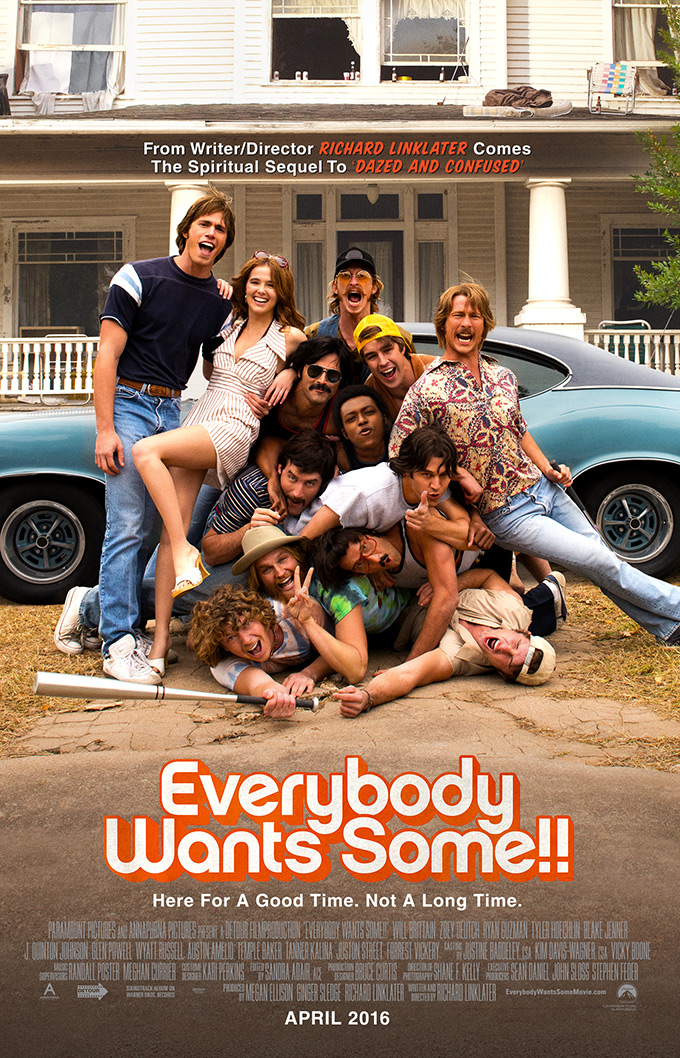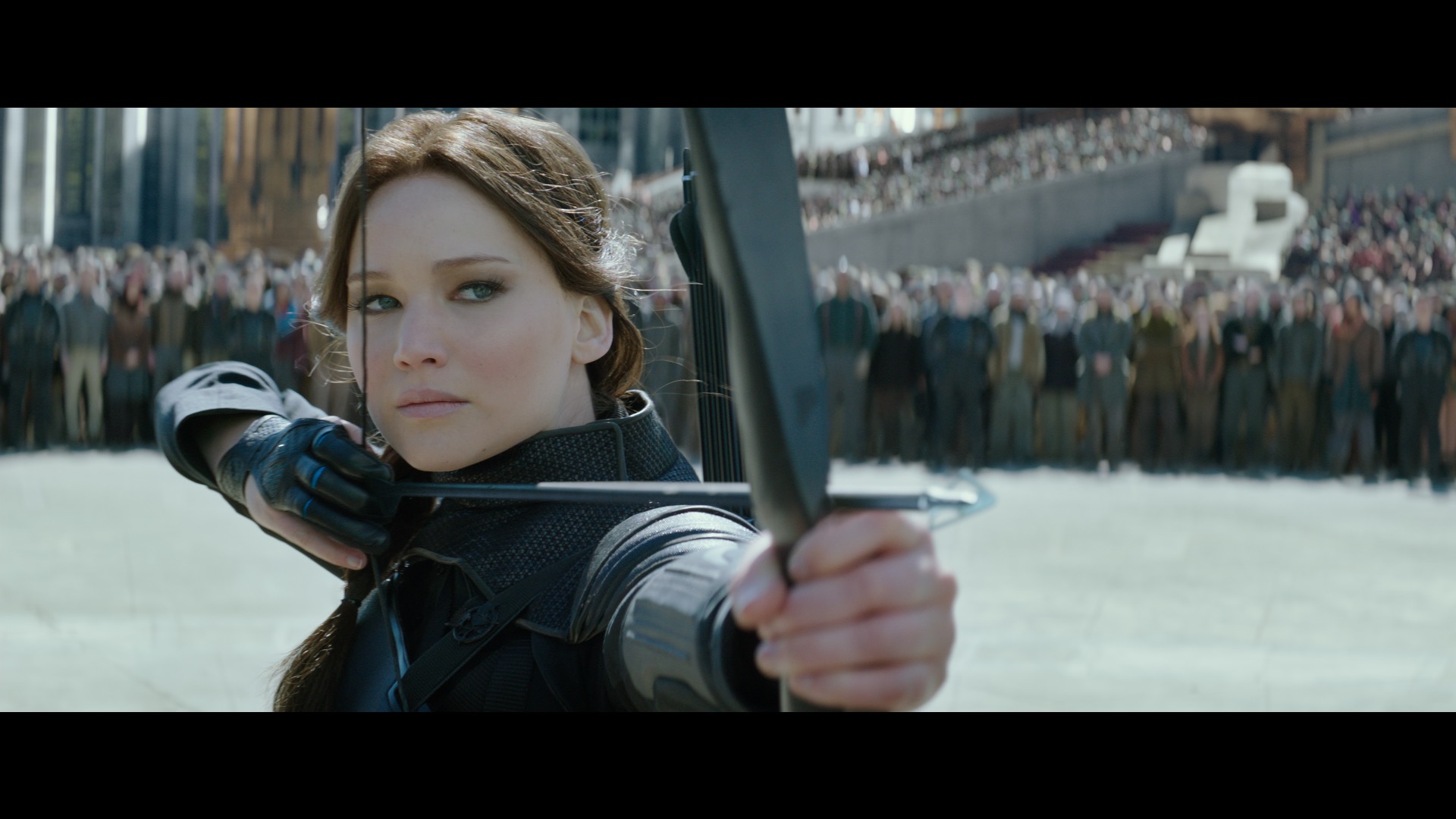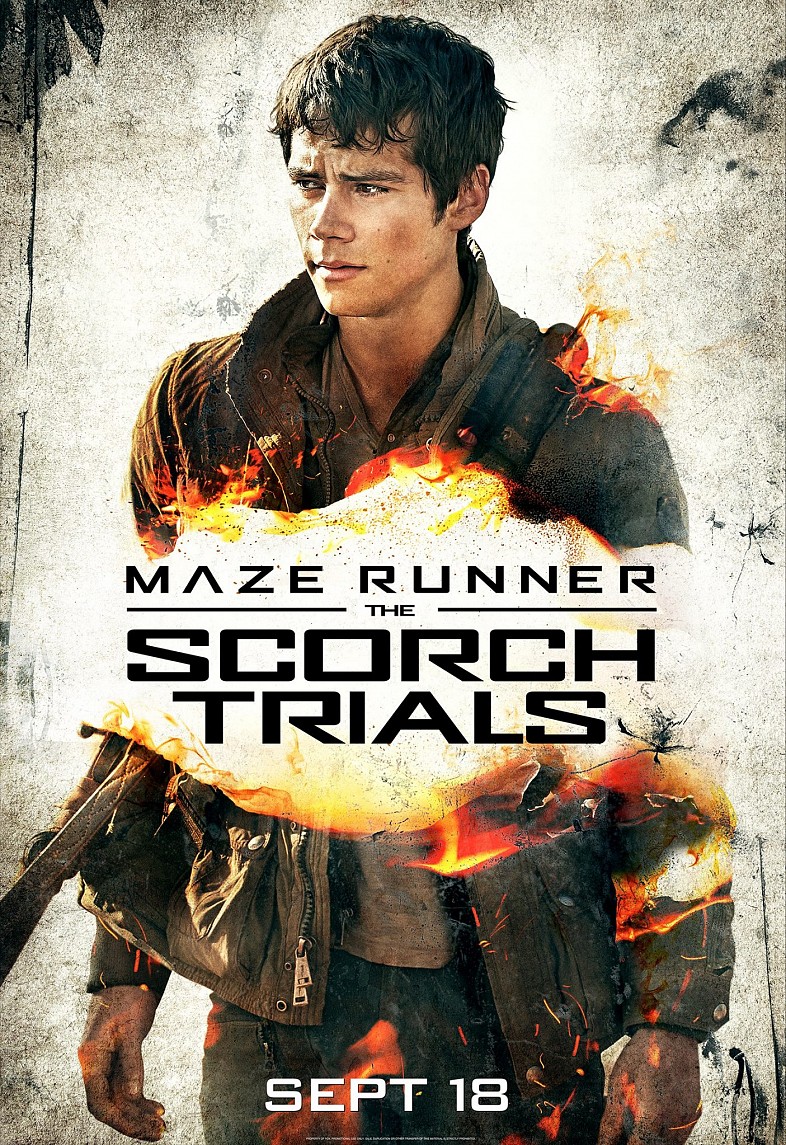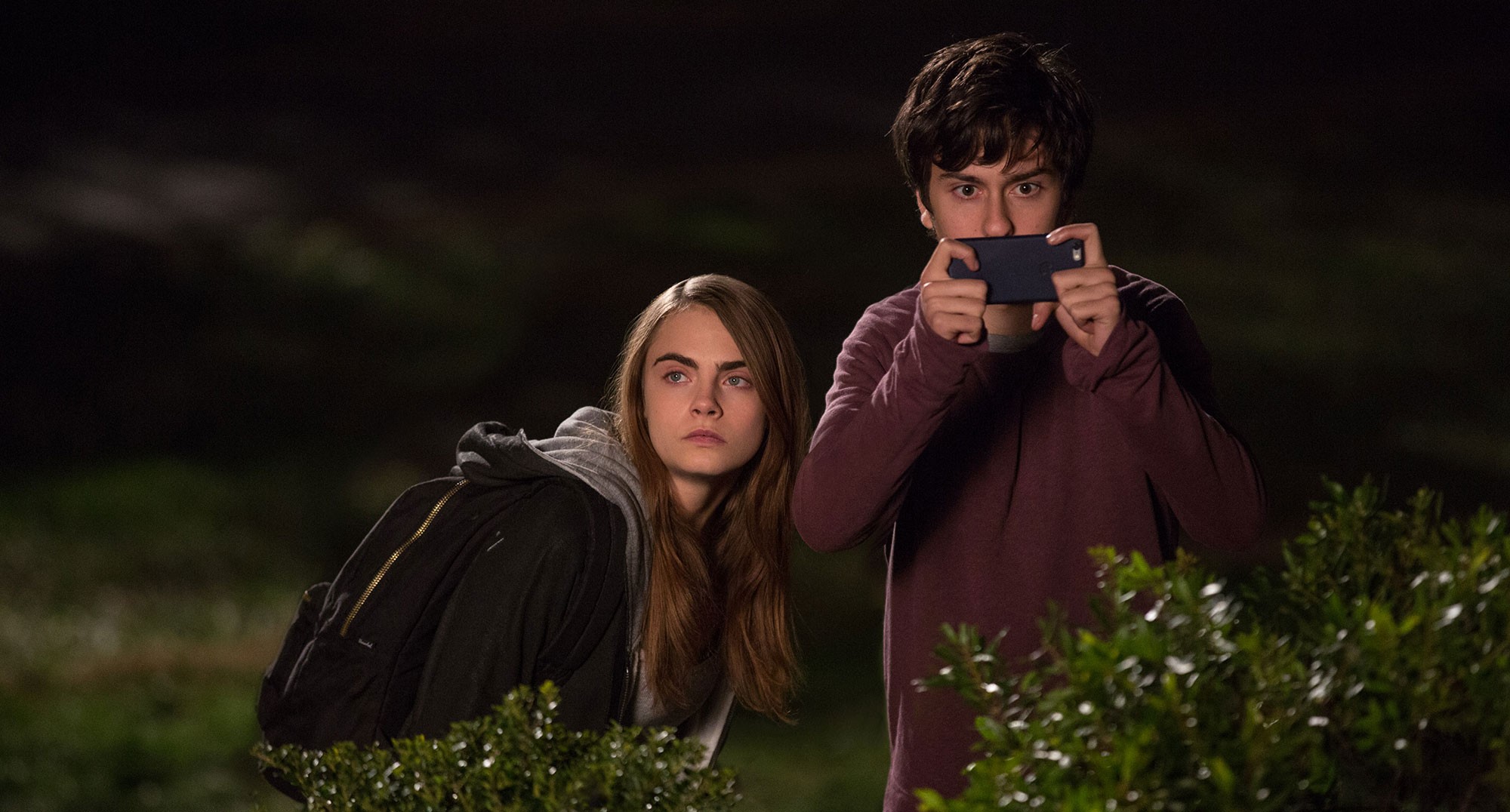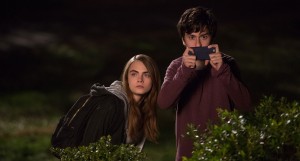Everybody Wants Some!!
Posted on March 31, 2016 at 5:10 pm
A+| Lowest Recommended Age: | Preschool |
| MPAA Rating: | Rated R for language throughout, sexual content, drug use and some nudity |
| Profanity: | Constant very strong and crude language |
| Alcohol/ Drugs: | Drinking, drugs |
| Violence/ Scariness: | None |
| Diversity Issues: | None |
| Date Released to Theaters: | April 1, 2016 |
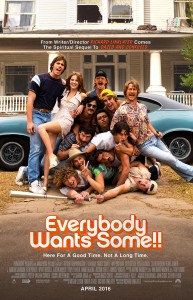
As in the earlier film, the time period is compressed. “Dazed and Confused” took place on the last day of high school. “Everybody Wants Some!!” takes place on the weekend before classes start at an unnamed Texas college. It opens with freshman Jake (Blake Jenner) driving to school in a convertible, blasting — of course — “My Sharona.” Welcome to 1980.
Jake is about to move into the house set aside for the members of the school’s baseball team, nationally ranked and the heroes of the school. (Linklater played college baseball for two years at Sam Houston State University.) As soon as he arrives and introduces himself to his new teammates, the dynamic that plays out through the rest of the film is established. These guys are athletes, so they are very competitive as individuals but also very aware that in order to be successful as a team they have to be competitive in a way that helps the team. Linklater and his exceptional young cast, all of whom had to audition both for acting and for ability to play baseball, perfectly capture the endless jockeying for position combined with an instinctive teamwork based on constant assessment of one another. They use a made-up word I can’t quote here to describe the way their physical and verbal interaction combines one-upmanship and more benign getting-to-know-you high spirits, both instinctively team building.
Not much happens in the movie, at least on the surface. The guys hang out and talk. There’s a ping pong game, some locker room hijinks, ingestion of various mood-altering substances, and of course a lot of discussion about and pursuit of the ladies. This leads them to several different venues and it is a lot of fun to see them adapt (including changes of clothes) as they go from a disco to a “kicker” (country music) bar, to a punk performance and finally a costume party given by the drama students.
But this is not the usual college comedy, thankfully avoiding the usual humiliation and clunky life lessons. The incoming freshmen are (mostly) smart, self-aware, and curious. The women (mostly) are not significant enough to merit much in the way of personality or storyline, and the male characters may tend to objectify or exploit them but the movie does not. They are smart, capable, looking for a good time, and self-aware, and the one we spend time with (Zoey Deutch, in a lovely performance as a drama student named Beverly) has a walk-and-talk (and float) conversation with Jake that reminds us this is a film from the writer/director of “Before Sunrise.”
The entire cast is superb, especially Jenner (“The Glee Project”), Wyatt Russell (“22 Jump Street”) as a transferring senior with a taste for philosophy and weed, Glenn Powell (“Expendables 3”) as the smooth-talking Finnigan, and J. Quinton Johnson as Dale, who is willing to explain to the newcomers what is going on.
Not much seems to be happening as the characters go from one party to another, but it does in fact cover a surprising range of ideas with a great deal of insight. It is a “spiritual sequel” in literal terms, if not grappling with then at least pondering the meaning of existence and the existence of meaning. The utterly perfect final shot brings that home perfectly.
As the characters keep changing their clothes to fit in at each venue, they ask themselves whether they are pretending or adapting. Jake talks about how each of them had always been the best baseball player at home, only to come to college and share a team with an entire group of best players. The guys think about who they are and what their goals are (hey, it’s a college movie; you know what their goal is, but there’s more there, too).
It takes place over a few days but Linklater’s perspective on existence, meaning, and the passage of time is subtly interwoven between the bong hits and the hitting of various balls. As the young baseball players reckon with their future prospects (and dream up a possible scout for the pros who could be hiding anywhere), they and we know that, like the movie itself, their time playing baseball is brief, and that’s all the more reason to enjoy the show.
NOTE: Stay through the credits to see a delightful musical number created by the cast
Parents should know that this film includes very strong and crude language, extensive partying with drinking and drugs, sexual references and situations, and nudity.
Family discussion: Did the guys’ competition with each other help or hurt the team? What are the biggest differences between what went on here and what would happen today?
If you like this, try: “Dazed and Confused,” “Waking Life,” and “Before Sunset” from the same writer/director

